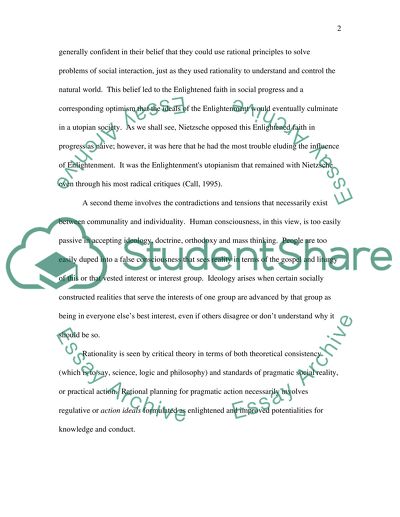Discuss: Modern Myths: Utopia/ Dystopia / Regeneration/ Degeneration Essay. Retrieved from https://studentshare.org/miscellaneous/1535842-discuss-modern-myths-utopia-dystopia-regeneration-degeneration
Discuss: Modern Myths: Utopia/ Dystopia / Regeneration/ Degeneration Essay. https://studentshare.org/miscellaneous/1535842-discuss-modern-myths-utopia-dystopia-regeneration-degeneration.


